More and more we see recommendations for a plant-based or plant focused diet. But the big concern most of us have is how we get the right amount of protein – especially since we’re also told enough protein is essential. We’re here to tell you that a well-thought-out meatless diet can provide you with all the nutrients you need, including protein. Here are some of the most protein and nutrient dense vegetarian/ vegan protein alternatives to try.
Complete plant proteins
These plant protein sources offer all nine essential amino acids your body needs.
1. Tofu, tempeh, and edamame
100g = 2 to 20g protein
Made from soybeans, tofu, tempeh, and edamame are a great source of complete protein, fibre, and iron. Edamame is also rich in folate, vitamin K, and fibre, meaning they help with digestion and keep you regular, while tempeh contains probiotics, B vitamins, and minerals, such as magnesium and phosphorus.
2. Quinoa
1 cup = 8g protein
Another complete protein, quinoa is full of fibre, iron, manganese, phosphorus, and magnesium. Enjoy it in an oatmeal-style breakfast bowl, in a salad, or use it as a substitute for rice in stir-fries.
3. Spirulina
2 tablespoons = 8g protein
This supplement is rich in B vitamins, antioxidants, and iron and has been found to lower LDL cholesterol (the bad kind) while raising your good HDL cholesterol.
4. Hemp seeds
3 tablespoons = 8g protein
Due to their high protein content and nutritional value, including magnesium, hemp seeds are a popular addition. And, they’re easy to add to your diet. Just drop a few tablespoons into your smoothie, salad or yoghurt and you are sorted.
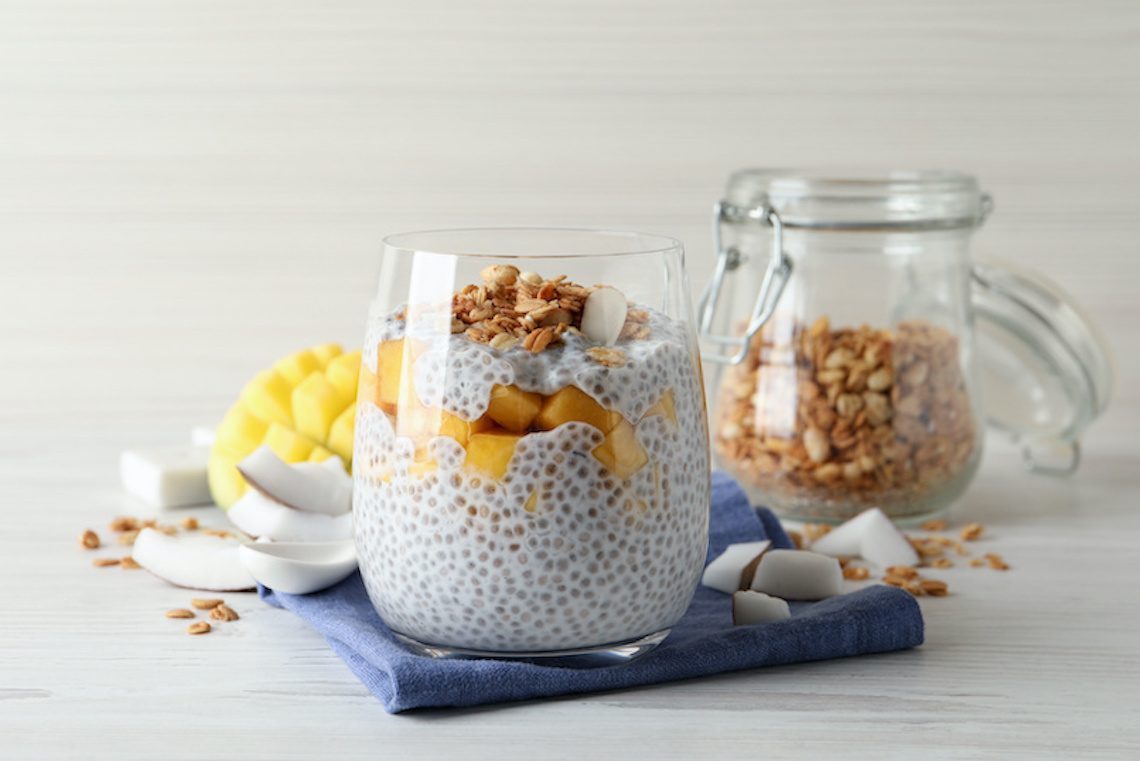
5. Chia seeds
2 tablespoons = 5g protein
Like hemp seeds, chia seeds are one of the few plant-based options to offer vital omega-3 fatty acids. They also boast fibre, iron, magnesium, and calcium. Top tip: soak them in almond milk to create a tasty pudding.
6. Nutritional Yeast
1 cup = 10g protein
Because of its cheesy taste, nutritional yeast is perfect for dairy-alternative sauces. In fact, fortified nutritional yeast is an excellent source of zinc, magnesium, copper, manganese, and all the B vitamins, including vitamin B12. But, remember that not all nutritional yeast found on shelves are fortified.
7. Buckwheat
1 cup = 5.7g protein
Buckwheat has all the goodness that comes with a grain with the added bonus of being gluten-free, making it perfect for people with celiac’s disease and other gluten allergies.
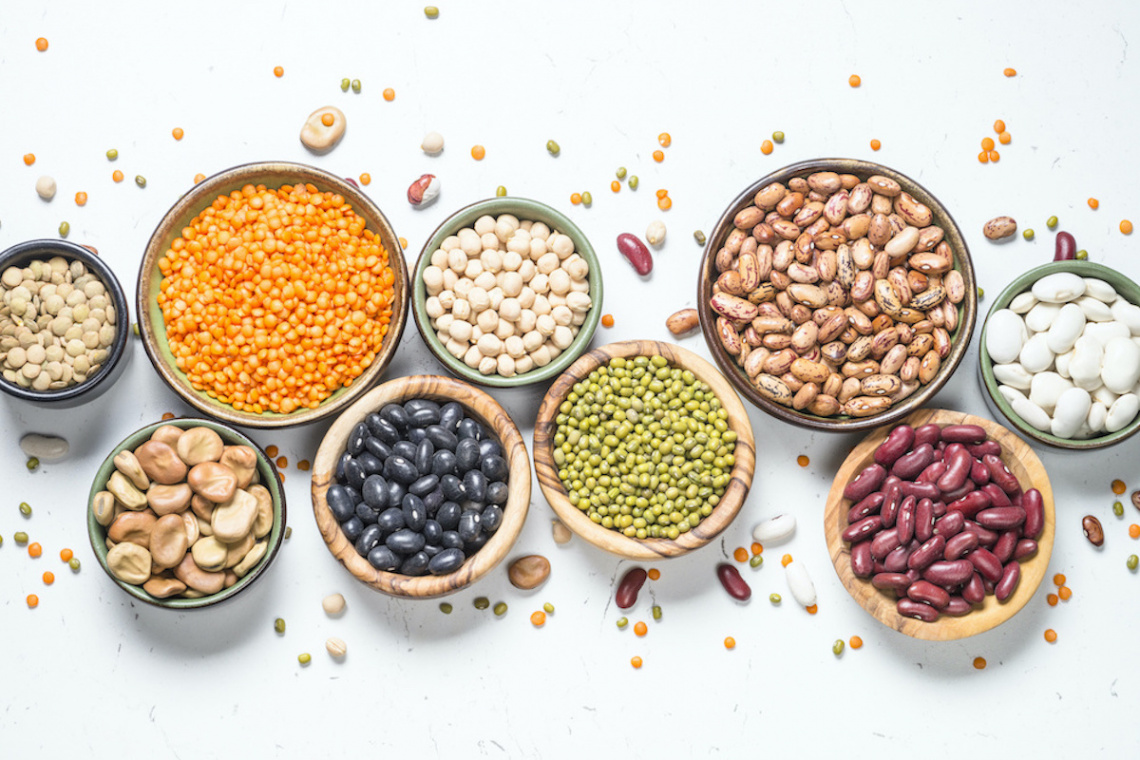
High-protein plant sources
Though these foods aren’t sources of complete proteins they still offer plenty of protein and by combining complementary incomplete proteins, you can create a complete protein.
8. Seitan
100g = 25g protein
Because it more closely looks and feels like meat when cooked, seitan has become increasingly more popular as a meat alternative. Made from gluten, it is one of the richest plant protein sources available right now. It’s also filled with selenium and contains small amounts of iron, calcium, and phosphorus. However, if you have a gluten allergy or are gluten intolerant, you’ll probably want to give it a miss.
9. Lentils
1 cup = 18g protein
A great source of fibre, iron and potassium, one cup of red or green lentils has almost 37% of your daily value of iron and over half of your recommended daily fibre intake. They also promote a healthy gut, and may even reduce your chance of heart disease, diabetes and certain types of cancer. Add them in your curries, stews, soups and rice for an extra dose of protein.
You might like: Your new favourite lentil salad
10. Almonds
½ cup = 16.5g protein
The perfect snack, almonds are packed with nutrients including protein. And, because of their fibre and fat combination, they’re also satiating meaning they’ll make you feel fuller for longer. Plus, they have a fair amount of vitamin E, which is very beneficial for the skin and eyes.
11. Beans
1 cup = 15g protein
Kidney, black, pinto and most varieties of beans contain high amounts of protein. Serve them with rice and you’ve got yourself a complete protein meal. Research has shown that a diet rich in beans and other legumes can decrease your cholesterol levels, manage blood sugar, lower blood pressure, and even reduce belly fat.
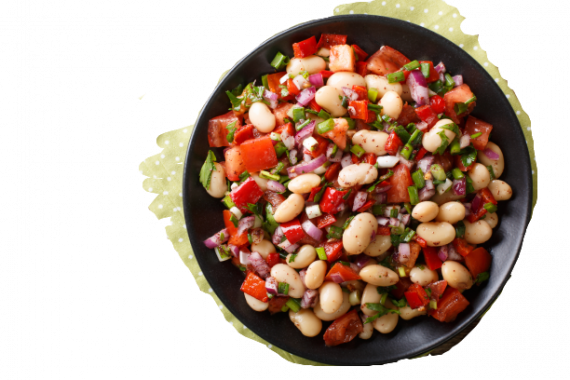
12. Green peas
1 cup = 9g protein
Apart from their protein content, a serving of green peas covers more than 25% of your daily fibre, thiamine, folate, manganese, and vitamin A, C, and K needs. Not to mention the fact that they’re also great sources of iron, magnesium, phosphorus, zinc, copper, and several other B vitamins.
13. Peanuts
½ cup = 20.5g protein
Peanuts are protein-rich, full of healthy fats, and have been found to improve heart health. And, fantastic news for PB lovers, peanut butter and wholewheat bread gives you a complete protein snack. But, be sure to buy a brand with no added sugar and salt.
14. Sun-dried tomatoes
1 cup = 7.6g protein
Containing almost 30% of your recommended daily value of magnesium, sun-dried tomatoes provide a good amount of vitamin K, something many plant-based foods lack.
15. Ezekiel bread
1 slice = 4g protein
A nutrient-dense ‘bread’ alternative, Ezekiel bread is made with organic, sprouted whole grains and legumes. Because sprouting grains and legumes increases the number of healthy nutrients they contain and reduces their content of antinutrients, it’s a great choice for bread lovers and you can top it with almond butter or peanut for a nutrient-rich snack.
There is an endless amount you can do with each of these proteins, so please don't think you need to suffer through bland tofu or beans if that's not your vibe! Get creative and make you meat-free Mondays a little more exciting and less daunting!

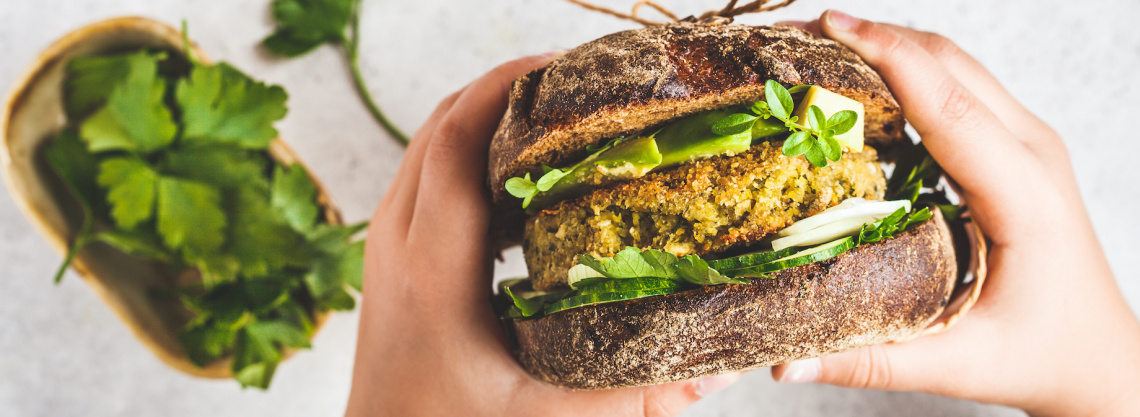


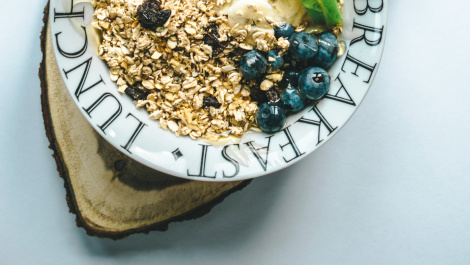
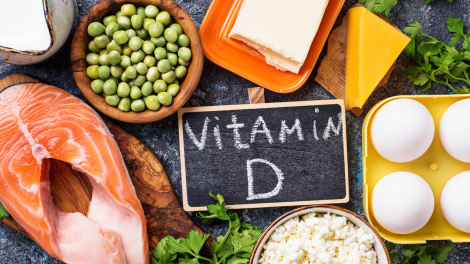
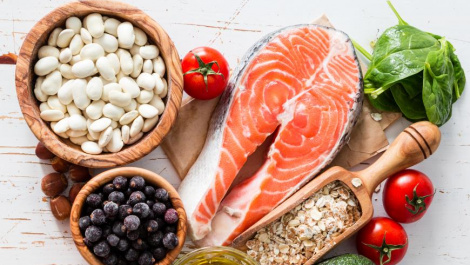
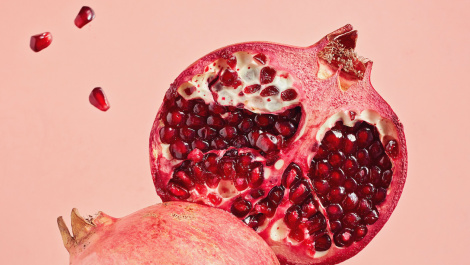
Comments